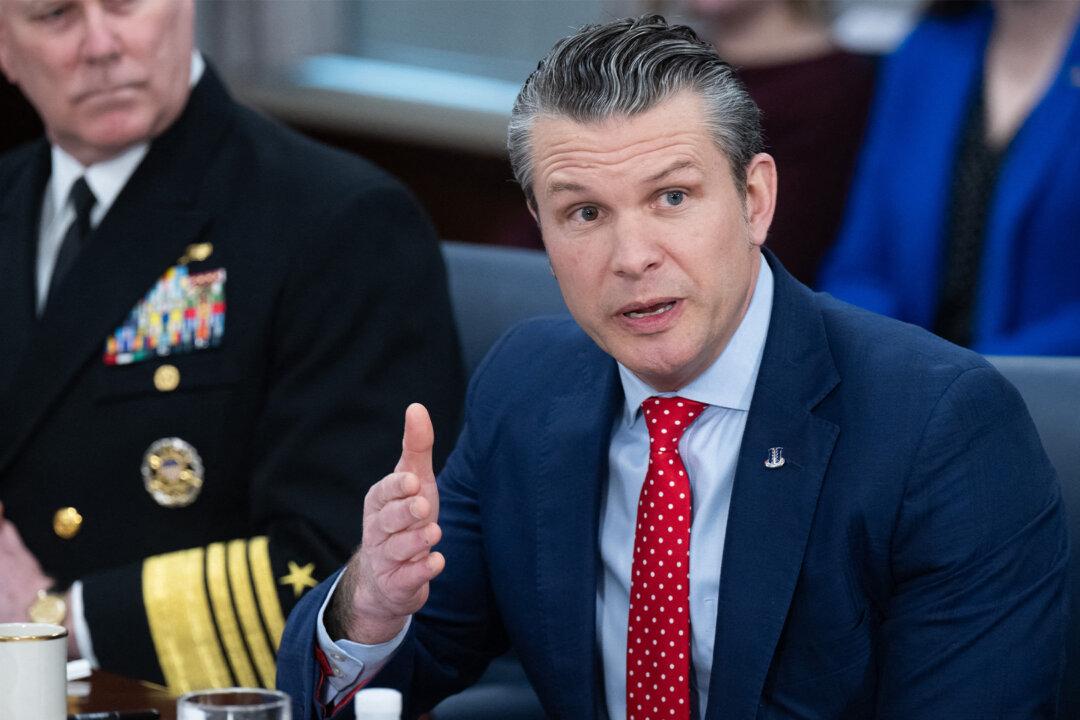Secretary of Defense Pete Hegseth has ordered the implementation of new restrictions on press access within the Pentagon to better protect sensitive information, the Department of Defense (DOD) said in a May 23 memorandum.
The Defense Department’s highest priority is national security, including the protection of classified national intelligence information (CNSI) and sensitive, unclassified information such as that deemed to be critical for operations security (OPSEC), the memo stated.





